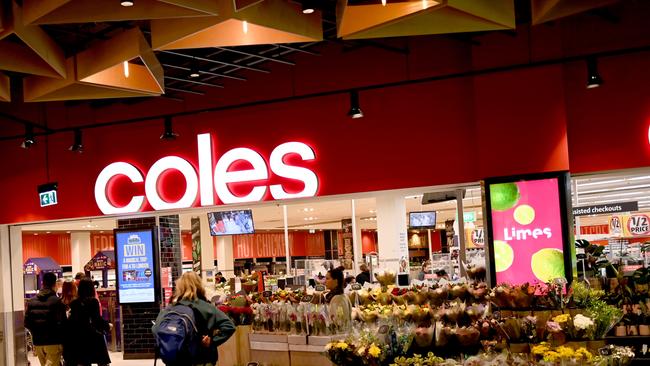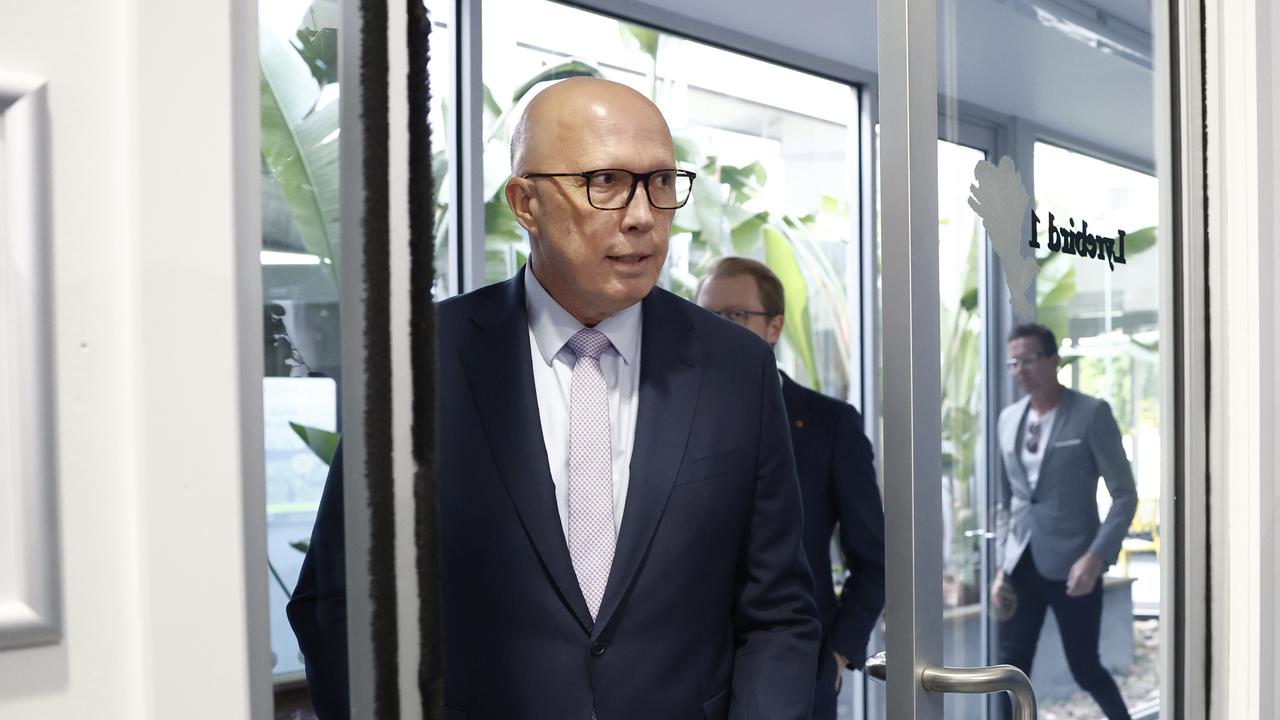Retailers call for smaller rise for low-paid
Kmart, Harvey Norman and Amazon have joined the supermarkets in backing a smaller minimum wage increase.

Major retailers including Coles, Woolworths, Kmart, Harvey Norman and Amazon have revised their position on a minimum-wage increase, calling for a smaller 3.5 per cent rise following the improved inflation outlook.
The companies are members of the Australian Retailers Association that last month supported a 3.8 per cent increase in minimum and award wages from July 1, the highest rise for the low-paid proposed by employers.
In a new submission to the Fair Work Commission filed after Australian Bureau of Statistics data last week showed inflation slowing to 7 per cent in the March quarter, the association said it now backed a smaller 3.5 per cent rise.
The revised position brings the association into line with other key employer groups opposing the ACTU bid for a 7 per cent rise in minimum and award wages.
The association said its position equated to a 4 per cent increase in labour costs for employers, given the next 0.5 per cent superannuation rise will also occur on July 1.
In its reply submission, the ACTU urged the commission to treat the inflation projections with caution.
“Whilst the turnaround in inflation is reflected in a range of measures, price growth is still very high and broadbased and will be causing significant hardship for low paid employees,” the ACTU says.
The Australian Industry Group, in its replay submission, says the ACTU’s proposed 7 per cent rise would be “reckless”.
“It would add substantially to the risks of entrenching inflation and greater increases in interest rates and would have adverse impacts on the economy, on unemployment, on underemployment and on sentiment,” it says.
“Such outcomes would be a setback for many low-income households.”
Meanwhile, the Australian Chamber of Commerce and Industry has joined the Business Council in opposing unions being involved with the government and employers in a tripartite process overseeing a national labour hire licensing scheme.
It says union involvement in oversight of the scheme would risk union representatives using their position to “influence ongoing bargaining disputes, including by seeking retribution against labour hire providers who do not accept union demands”.




To join the conversation, please log in. Don't have an account? Register
Join the conversation, you are commenting as Logout